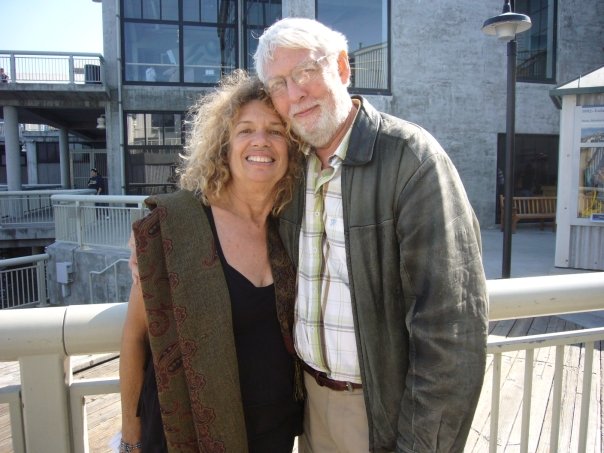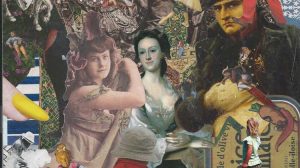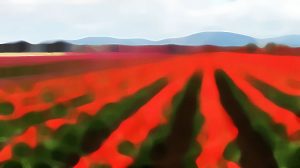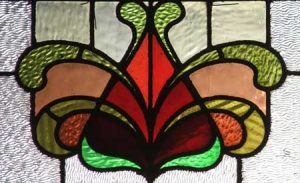
It is never easy to get to know the complex and extremely gifted. Those who reached out received warmth back they might never have imagined. Those wise or fortunate enough to have probed his vast cabinet of knowledge emerged richer and deeper and often agog at his intimacy with the intertwined arms of all the creative arts.
No one loved or pursued the depths of film and music more passionately than David. He was internationally renowned as one of the last of the post-beat-generation poets.
Though he ended up teaching much of his adult life, most recently as chair of a Humanities Department at Monterey Peninsula College in California, his journey to poetry began with a restless and unlimited imagination, plus an innate allergy to conventional pedagogic inanities, which put him on the road at a very young age.
Something led him to Greenwich Village in the late ‘50s when it was the epicenter of American ideas and, led by the arts, fairly erupting with the seeds of a coming American sensibility.

He sat in cafes and bars with others of geothermal creativity and rejection of grayness — poets and novelists and musicians and composers and filmmakers and painters — and found his place among them. His work ended up in the same pantheon as, and considered fully peer to, that of the indelible, iconic figures of modern American poetry. As a teacher, his long memory and insistence on finding and unlocking the wellspring of every student is reflected in the many notes Gloria has received, from around the world, offering love and gratitude for what David taught them and the vibrant legacy he left them.
Gloria wants to thank the entire Upper Keys Community and particularly the Keys Jewish Community Center where he served on the board as chair of the Scholarship Committee, for welcoming David into the fold. She offers special thank yous to those who hosted his daughter Diana Victoria Lal and granddaughter Nico when they flew in to say goodbye from Washington State, to the caregivers of VNA/Hospice of the Florida Keys, to those who visited David in the Plantation Key Nursing Center, to his doctors, Bernard Ginsberg and Joanne Mahoney, and to the many who offered Gloria rides so she could be with him at will.
Rest in peace, David. Say hello to Shakespeare and Yeats, Eisenstein and John Coltrane, Miles Davis and, of course, to Frank.
Your friend and admirer,
Sam Vinicur
President
Keys Jewish Community Center
Key Largo





Derek Morris, Santa Barbara says
This is a long-overdue tribute. I just want to go on record with my deep admiration for David Gitin.
In the mid-1970s, I took an evening poetry course from David at Monterey Peninsula College. At the time, I had recently returned to my hometown of Monterey after graduating from UC Berkeley and traveling all over the U.S. I was in a transitional phase—working odd jobs as a waiter, unsure of what was next.
I thought of David tonight after stumbling across an online reference to poetry, which led me to this tribute. His insight and feedback on poetry—both his students’ work and poetry in general—were nothing short of brilliant. I was amazed at how he could read a piece just once and immediately offer sharp, illuminating comments. His observations felt like magic. What a mind. People like him don’t come along often. If I’d stayed in Monterey longer, I’d like to think I would’ve taken another one of his classes or gotten to know him better.
About five years later, I actually tracked him down by phone and reached him in his office at MPC, just to say a quick hello and thank him. I doubt he remembered me, but I wanted to let him know the impact he’d had.
I still recall a performance he gave during that poetry course—he read his work accompanied by a bamboo shakuhachi flute player. It was… unusual. The flute was haunting, but the overall effect didn’t quite land for me. At the time, I wasn’t familiar with his poetry, and hearing any poetry for the first time can be challenging. Still, I admired the passion behind the performance, and I could tell how much he loved that sound—how deeply he connected to it as a complement to his words.
David was a rare and gifted teacher, and I remain grateful for having crossed paths with him, however briefly.
Allen Tobias says
I love the name: Gitin.
Kind of unusual.
Gitin: it’s a tractate in the Talmud, I believe, on the subject of divorce, or get! Plural: gitin.
Is it apropos his late-found love?
I really cannot say.
Gloria Avner says
Allen, yes.
You have the right tractate. As far as late-found love though, the remote likelihood of union after a 42 year hiatus (rather than a get) was the surprise issue. Interesting also that David comes from a long line of rabbis and educators. He skipped a groove when early on he ran from stricture into the arms of Haight-Ashbury, hotbed of creative freedom and the vibrant community of poets.